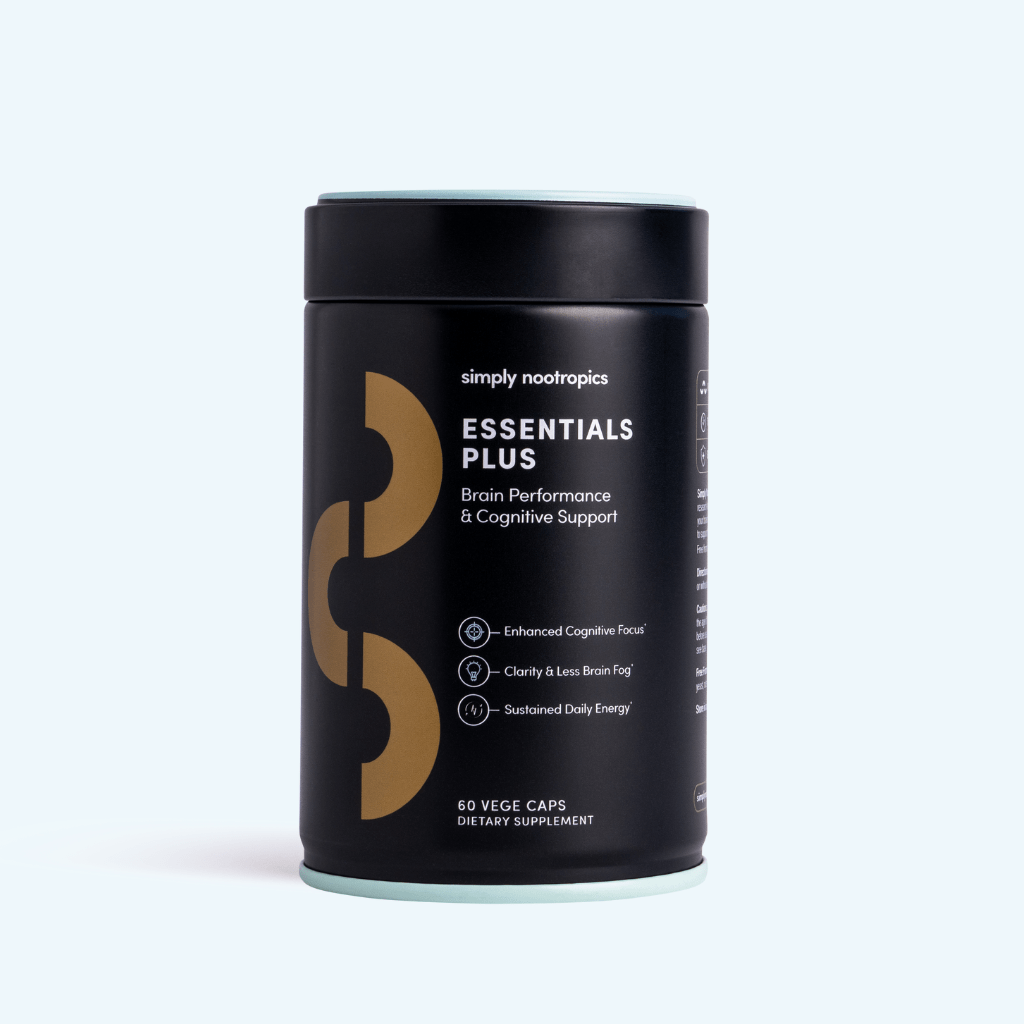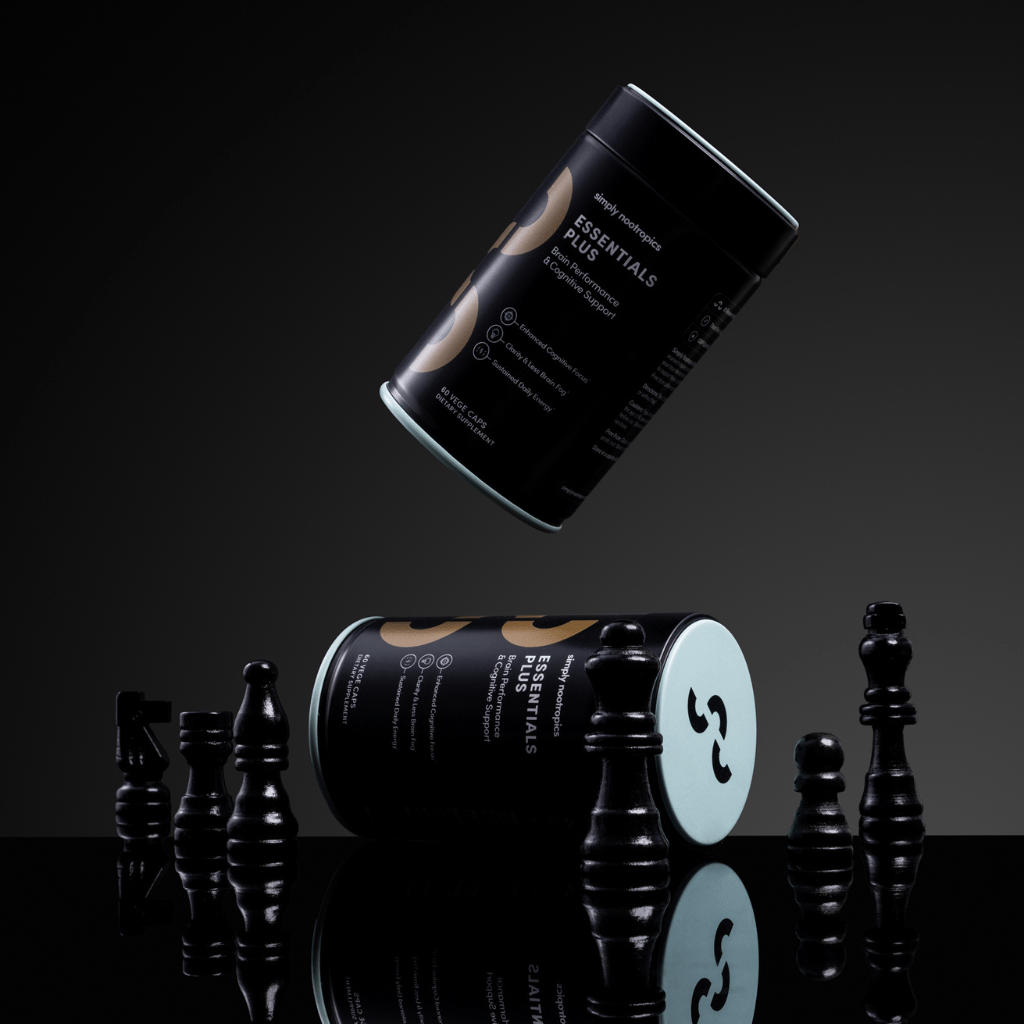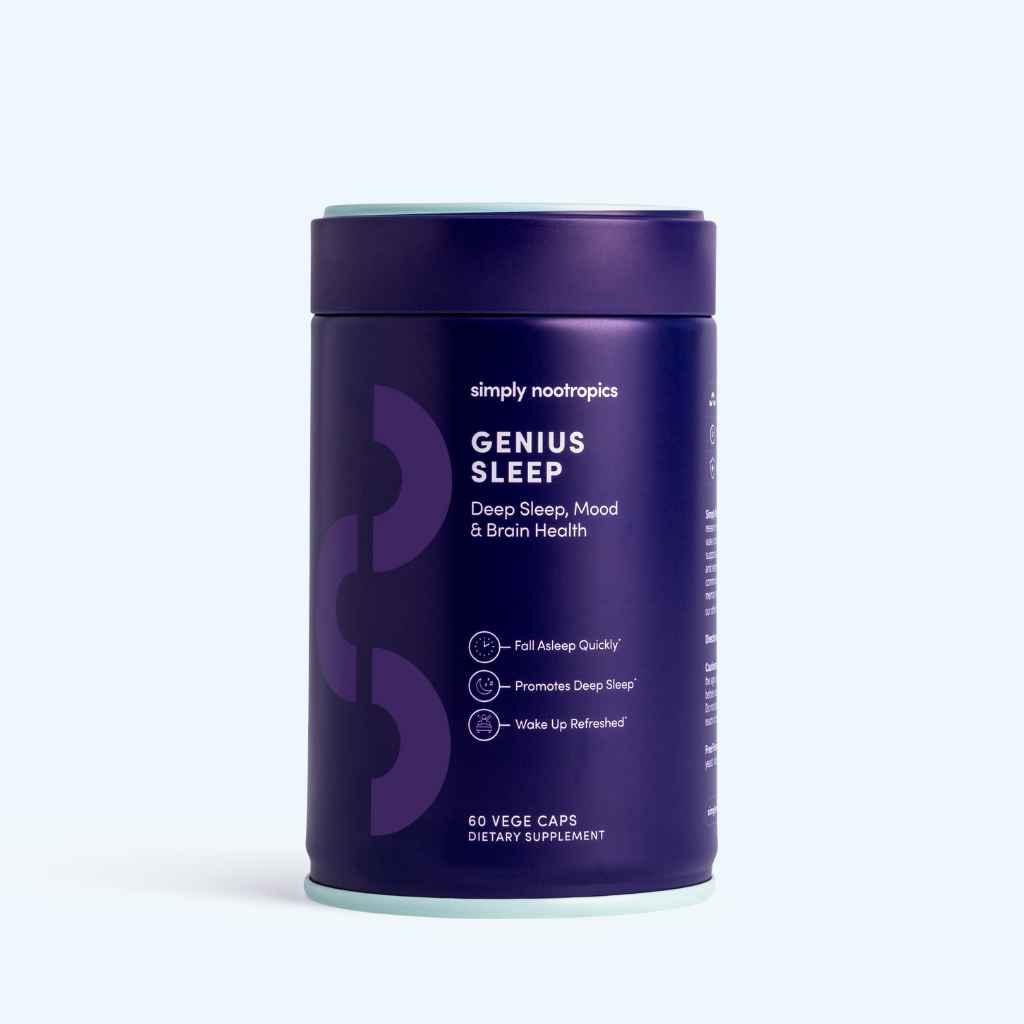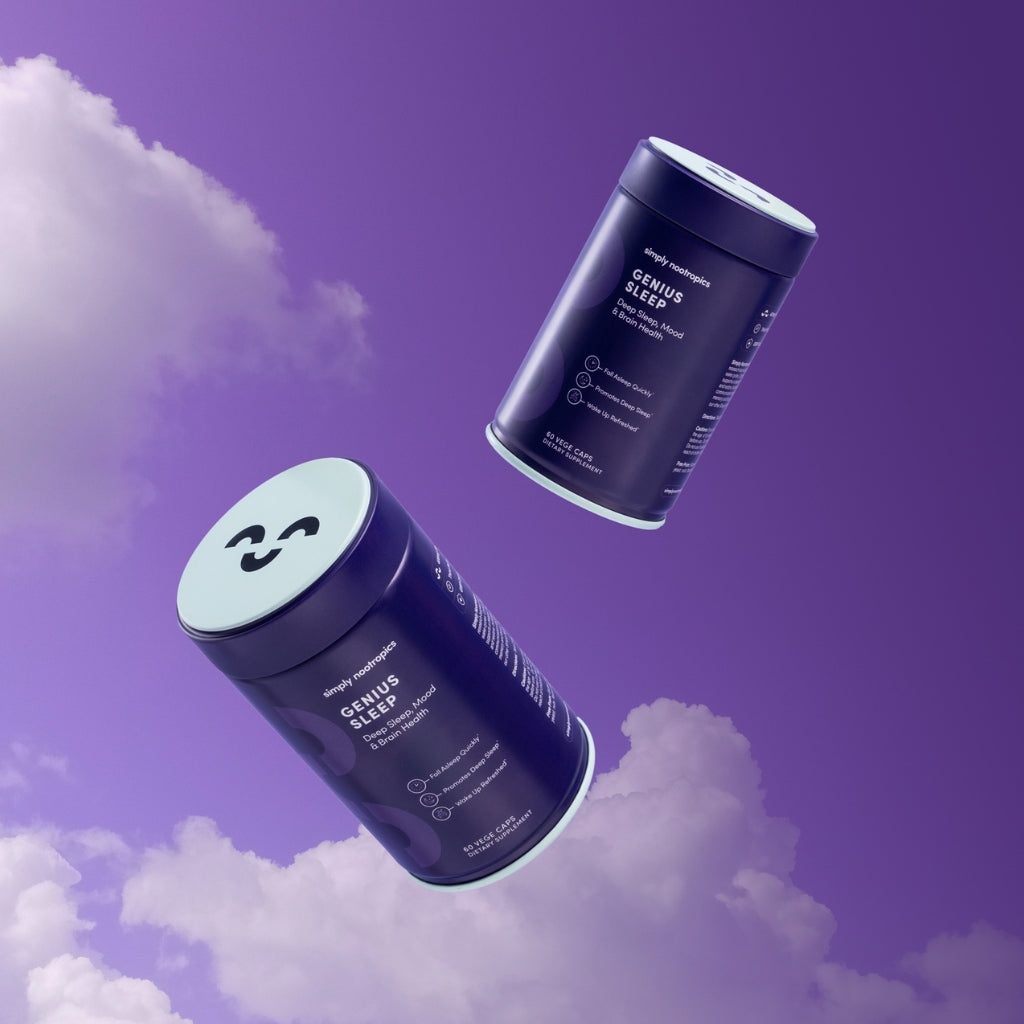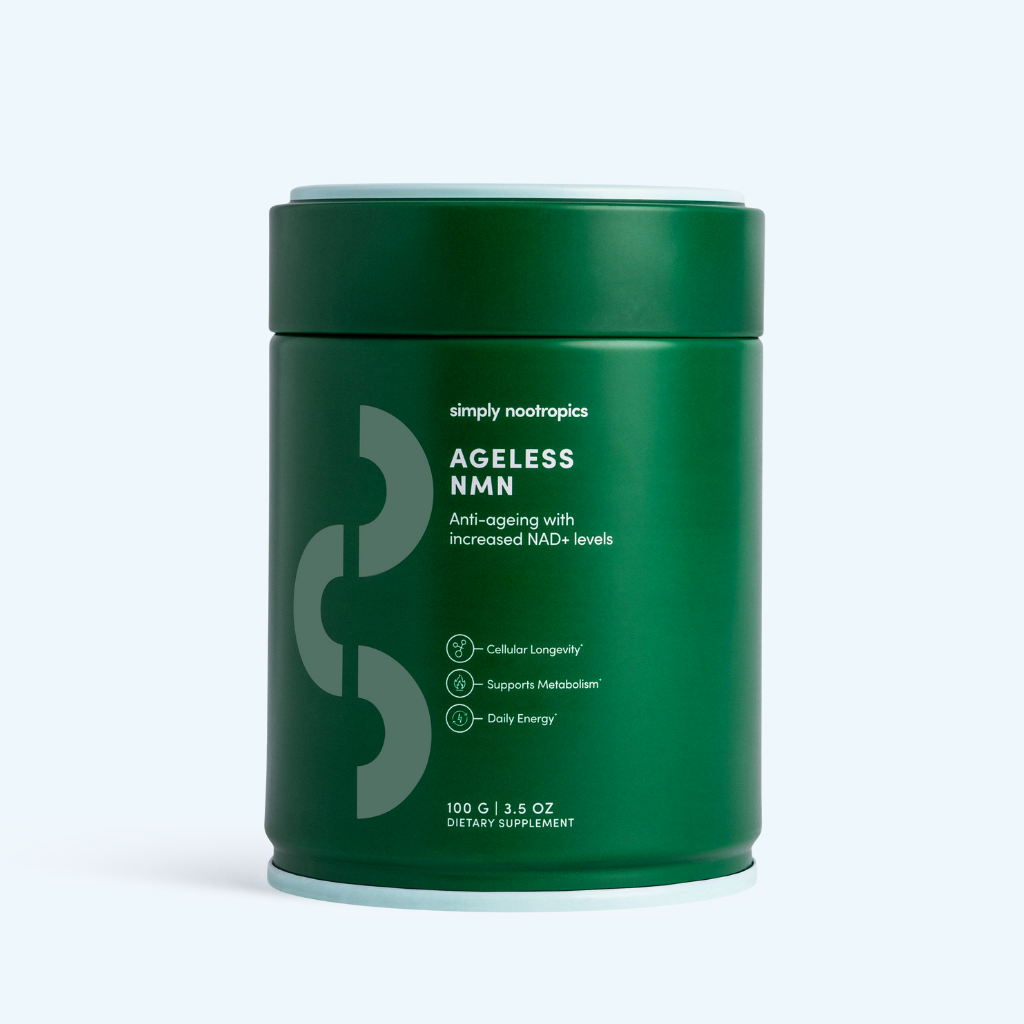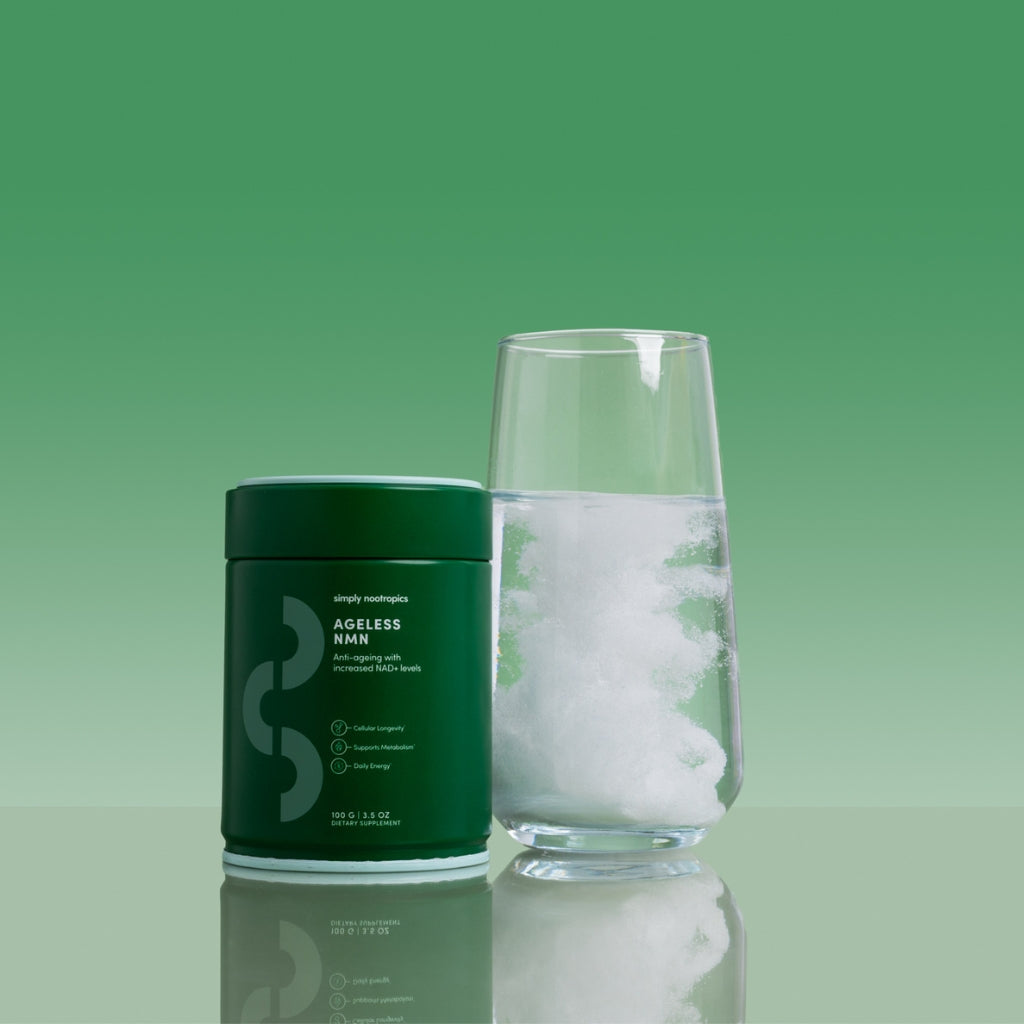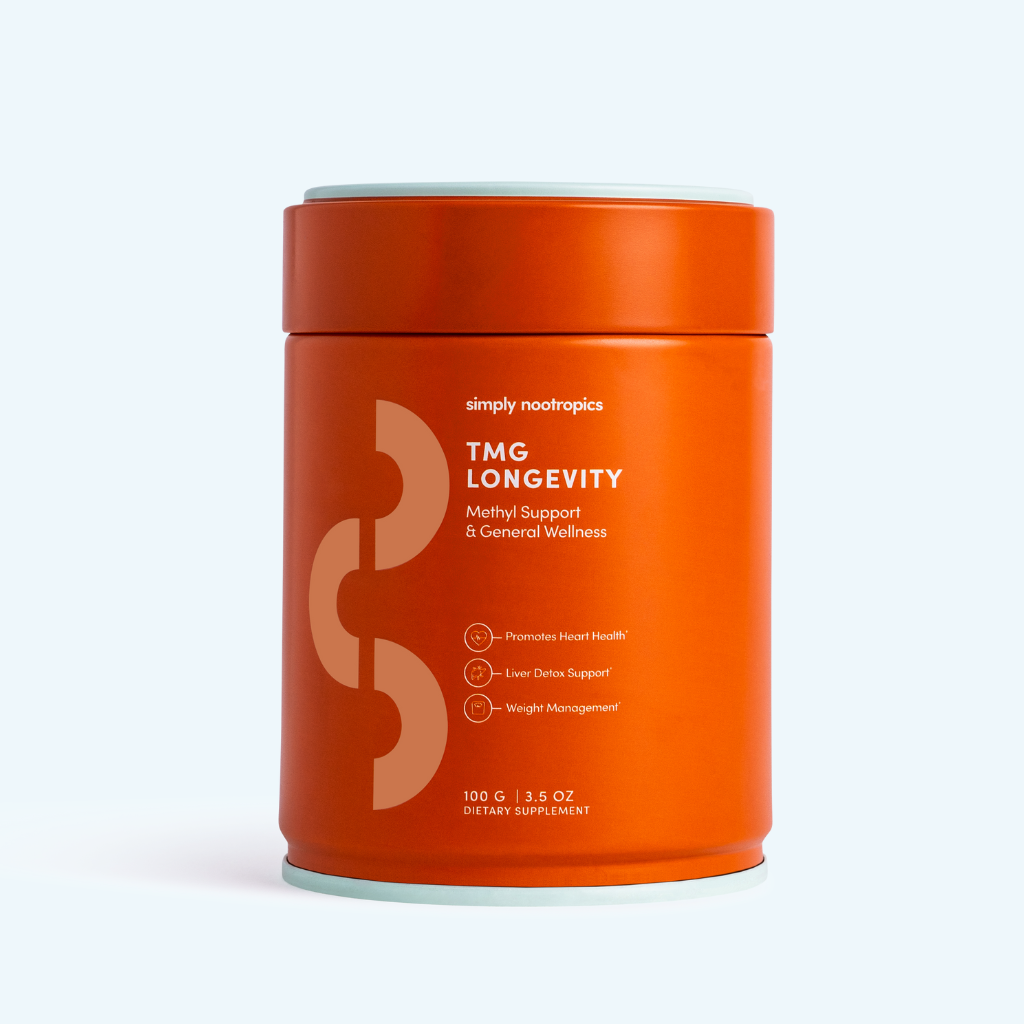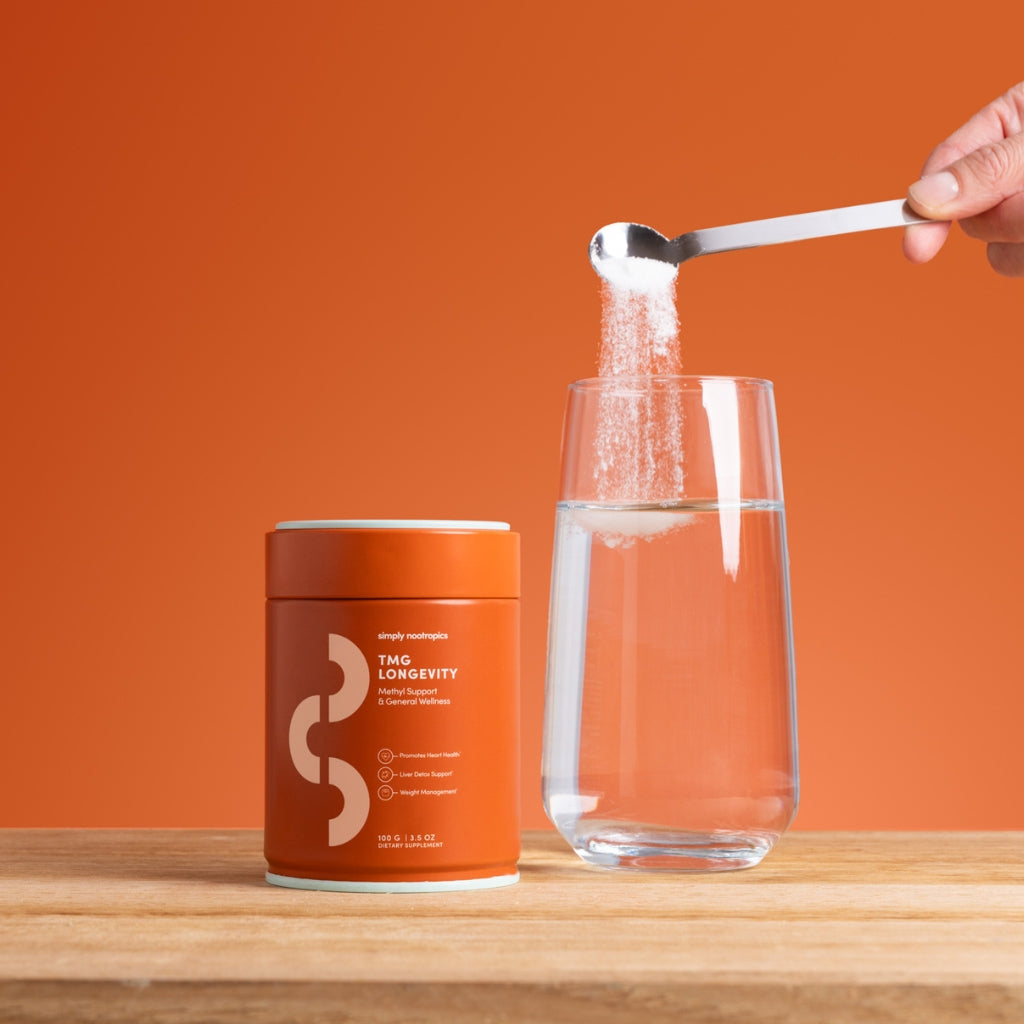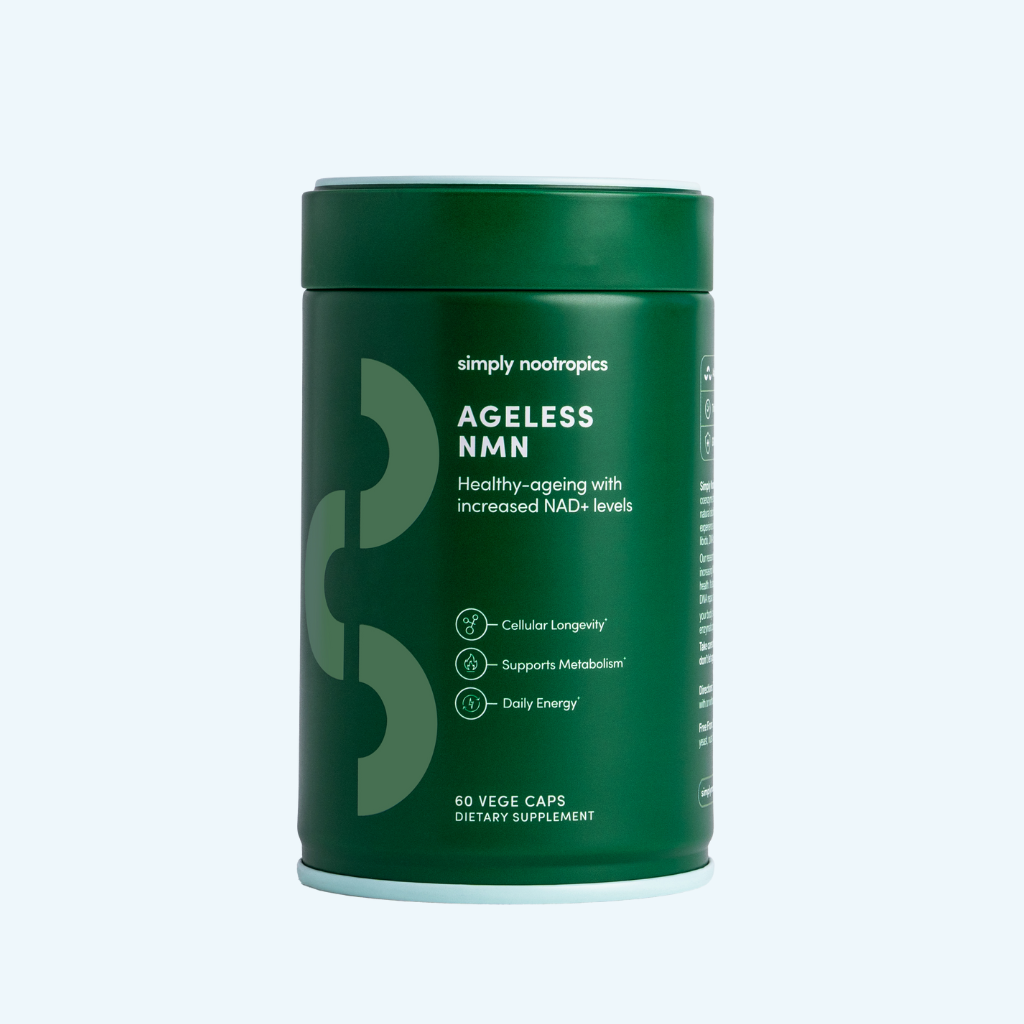Sleep is when the body repairs itself. Cells regenerate, the brain clears out waste, and the nervous system resets. It’s not optional, it’s a core part of staying healthy.
But chronic stress interferes with that process. Elevated cortisol, anxious thoughts, and irregular rhythms make it harder for the brain to shift into proper rest. The result isn’t always full-blown insomnia, it’s light, broken, unsatisfying sleep that leaves you feeling foggy the next day.
Used for centuries in traditional medicine, Reishi mushroom was valued not as a sedative, but as a way to bring the body and mind back into balance. Today, Reishi extract is being studied for those same effects, especially around stress, nervous system regulation, and non-sedative sleep support.
The Basics: What Is Reishi?
Reishi (Ganoderma lucidum) is a woody, bitter mushroom traditionally used in Chinese, Japanese, and Korean medicine. It’s not something you’d eat sautéed or throw in a soup. Reishi is dried, extracted, and taken in supplement form, usually as capsules, powders, or teas.
For centuries, Reishi extract was used to support long-term resilience. In modern terms, Reishi extract is best understood as an adaptogen: something that helps the body regulate its stress response. But unlike more energising adaptogens (like rhodiola or ginseng), reishi is calming, grounding, and deeply restorative.
Its effects aren’t immediate like caffeine or melatonin, they build gradually. But when it works, it works quietly, often showing up as less reactivity, easier transitions into sleep, and deeper, more stable rest.
Reishi and the Nervous System
Sleep is governed by the nervous system. And when that system is dysregulated, running in a high-alert state, or struggling to shift from activity to rest, sleep becomes fragmented, shallow, or delayed.
Reishi extract supports the parasympathetic nervous system, which is responsible for rest, digestion, and repair. This helps explain why people taking reishi often report fewer wake-ups, reduced tension before bed, and a sense of “mental exhale” as part of their wind-down routine. It’s not about sedation, it’s about getting your body out of survival mode.
The Cortisol–Melatonin Imbalance
One of the main reasons stress affects sleep is because it disrupts hormone balance, specifically, cortisol and melatonin. Cortisol keeps you alert and responsive. Melatonin helps trigger sleep. When stress pushes cortisol levels up at the wrong time (like at night), melatonin stays low, and the body resists rest.
Reishi extract helps regulate that balance. It supports the systems that tell the brain when to be active and when to shift into recovery. That’s why it’s helpful not just for falling asleep, but for staying asleep, and waking up without the fog that comes from interrupted cycles.
Reishi’s Broader Impact
Sleep isn't just about how many hours you’re in bed. It's about what happens while you're asleep. Deep sleep is when the brain clears waste, stores memory, and resets neurotransmitters. It’s when growth hormone is released and inflammation is dialed down.
Reishi extract can support this phase of sleep by:
-
Reducing low-grade inflammation that can disrupt rest
-
Calming overactive mental states linked to stress and tension
-
Supporting neurotransmitter pathways involved in relaxation, like GABA and serotonin
-
Promoting consistent sleep cycles, so you don’t wake up feeling like you barely slept
Over time, this adds up to more reliable sleep, better energy, improved recovery, and greater mental clarity.
What Reishi Doesn’t Do
Even the best Reishi mushroom supplement won’t knock you out and it doesn’t sedate. If you’re looking for something that forces sleep regardless of your internal state, reishi probably isn’t it.
But if your body is resisting sleep because you’re overstimulated, mentally wired, or stuck in a stress loop, reishi can help you shift out of that.
It works best for people who:
-
Struggle to fall asleep due to mental activity
-
Wake up frequently and feel stuck in light sleep
-
Are dealing with background stress or anxiety
-
Want to support long-term sleep quality without relying on melatonin
Consistency is key. Reishi extract isn’t a one-night solution, it’s something that works best when taken regularly.
How to Add It to Your Routine
Reishi extract is most effective when taken in the evening, as part of a wind-down routine. Taking it around 1 hour before bed or just before bedtime gives your system time to respond without forcing sleep.
You’ll find it in capsule form, powdered drinks, or sleep blends. Powders often have a strong, bitter taste, some people like that, others don’t, while capsules are easier for daily use.
You don’t need to pair it with melatonin or sleep drugs. In fact, it works better when your system can find its own rhythm again.
That said, reishi extract pairs well with other nutrients like:
-
Magnesium – for physical relaxation and muscle tension
-
L-theanine – for calming mental overactivity
-
Tryptophan or tart cherry – to support your body’s natural melatonin production
-
Passionflower – for added GABA support
These ingredients can complement reishi’s effect without overriding it.
When to Expect Results
Some people notice changes within a few days. less tension at night, easier transitions into sleep, fewer wake-ups. For others, it takes a couple of weeks of consistent use to feel the full benefit.
It’s subtle but reliable, and over time, that subtle shift can have a big impact, not just on sleep, but on how you handle stress, how you recover, and how well your body functions overall.
Want a Reishi Formula That Actually Works?
Simply Nootropics Genius Sleep contains Reishi Mushroom Extract (400mg, equivalent to 4,800mg dried), a dose that actually makes a difference. It’s paired with magnesium bisglycinate, L-theanine, passionflower, tart cherry, and tryptophan to support nervous system regulation, mental calm, and consistent, restorative sleep.
No melatonin and no sedation, just ingredients that help your body shift out of stress mode and into proper rest. If your sleep has been off because your system won’t switch off, Genius Sleep is designed to help.



